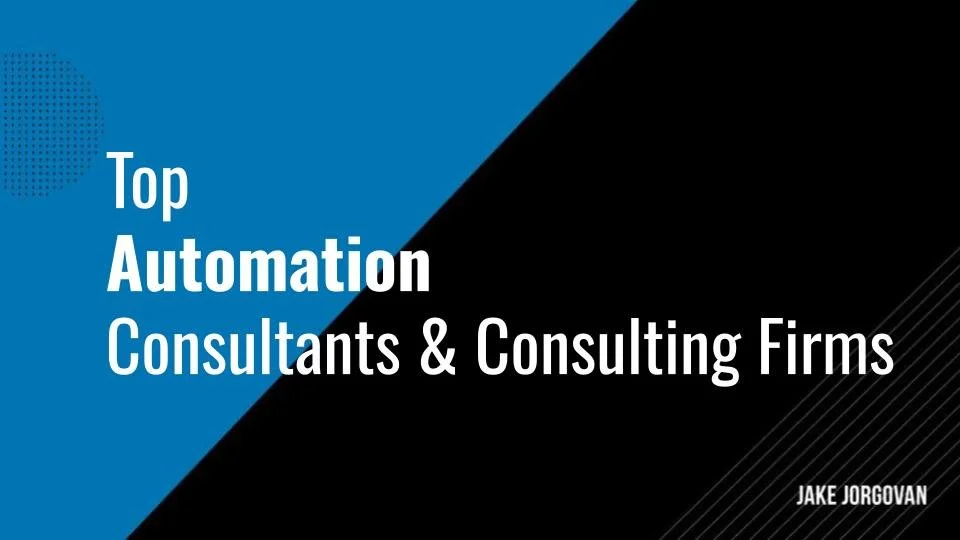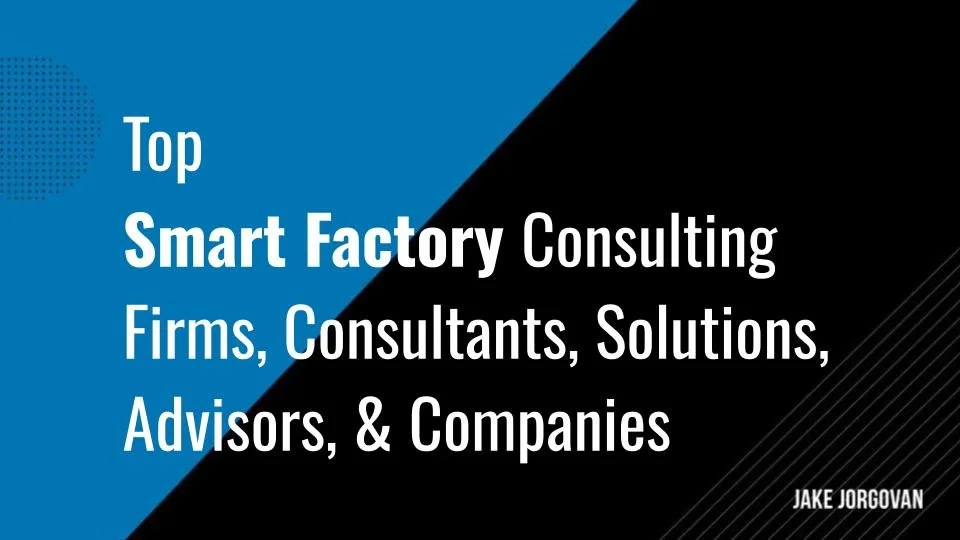Cost Savings for Waste Management and Recycling: How to Prepare for Contract Negotiations
It's no secret that waste management and recycling contracts are detailed and often difficult to understand fully. Without the right approach to negotiations, costs add up quickly and strain budgets.
You're likely searching for effective strategies to control these expenses. Fortunately, preparing thoroughly for contract negotiations can yield significant cost savings.
In this article, we’ll cover:
Keep reading to equip yourself with the knowledge and tools to effectively negotiate your waste management and recycling contracts and achieve optimal financial outcomes.
The Importance of Preparing for Waste Management and Recycling Contract Negotiations
When you enter contract negotiations for waste management and recycling, your preparation directly influences the cost and efficacy of your business operations. Understand that each clause in the contract will affect operational flexibility, regulatory compliance, and your bottom line.
Contract negotiations are your opportunity to secure favorable terms that reflect your business’s unique needs and environmental responsibilities. The waste management and recycling sectors are marked by frequent regulatory updates and technological advancements. A well-prepared negotiation strategy ensures you can leverage these changes rather than be constrained by them.
Cost management is critical. The terms negotiated will dictate your expenses for waste disposal and recycling. Coming to the negotiation table prepared allows you to secure cost-effective services that also align with your sustainability goals. This alignment is about compliance with environmental regulations and positioning your business as a responsible entity in your industry.
Vendor selection is another crucial factor. Your waste management provider's capabilities must match your company’s operational demands and environmental objectives. During negotiations, assess potential vendors’ readiness to adapt their services to changing regulations and technologies. This ensures that the relationship can be sustained long-term, which accommodates growth and shifts in industry practices.
Finally, contract negotiations are about establishing clear data management and reporting expectations. These elements are essential for maintaining compliance with environmental laws and for making informed decisions about your operations.
Pro tip: Insist on transparency and accuracy in reporting as part of your contract terms.
Your preparation for these negotiations should be as comprehensive as possible. Know the details of your current waste management and recycling processes, understand regulatory requirements, and articulate your expectations clearly. This level of preparedness empowers you to negotiate more effectively and sets the stage for a partnership that will enhance your operational capabilities and compliance strategies.
5 Steps to Preparing for Waste Management and Recycling Contract Negotiations
1) Review and Analyze Current Waste Management and Recycling Contracts
Understanding your current waste management and recycling contracts thoroughly will help you identify specific areas where costs can be cut or services optimized. This deep dive into your existing agreements ensures that you aren't just glossing over potential opportunities for savings or better service delivery. Let's break down the key steps you should take to scrutinize your contracts effectively:
Identify All Existing Contracts: You need to collect every contract related to waste management and recycling. This includes agreements with all service providers and any ancillary service contracts that might influence your primary operations.
Review Terms and Conditions: Examine the fine print of each contract for service levels, pricing structures, and duration. Focus on understanding the penalties for early termination, the flexibility of service adjustments, and any clauses that may incur hidden costs.
Analyze Cost Structures: Pay close attention to how costs are structured in each contract. Are you being charged a flat rate, or are there variable costs based on volume, frequency, or type of waste? This information is crucial for negotiating more favorable terms in the future.
Evaluate Service Levels: Assess whether the current service levels meet your organization's needs. Consider whether there are opportunities to reduce underutilized services or enhance those that are lacking.
Consult with Stakeholders: Engage with key personnel in your organization who handle day-to-day waste management operations. Their insights can provide a practical perspective on how contract terms are executed on the ground.
Insider Tip:
We’ve found that one of the most overlooked aspects when reviewing contracts is the adjustment for inflation or cost-of-living increases that might not be justified by market conditions. You should examine past invoices to compare billed amounts against the contracted rates over time. This scrutiny often reveals discrepancies or unjustified escalations in charges. By catching these, you're ensuring that you pay what's fair and setting the stage for pointed discussions on these terms in your next negotiations.
2) Conduct a Waste Audit to Identify Current Waste Streams and Recycling Opportunities
Conducting a waste audit is crucial in your preparation for negotiating waste management and recycling contracts. It enables you to understand the full scope of waste your business produces and identify potential areas for cost savings through more efficient practices or enhanced recycling options. Here's how to effectively carry out this essential analysis:
Schedule the Audit: Choose a representative period during which waste generation is typical of your operations. Avoid times of unusual activity that might skew your data.
Gather Your Team: Assemble a team that includes members from various departments, such as facilities management, operations, and sustainability. Their diverse perspectives will contribute to a more comprehensive understanding of your waste practices.
Classify Waste Types: Systematically sort and classify waste into organic, recyclable, and non-recyclable categories. This classification helps pinpoint the major sources of waste and opportunities for recycling.
Measure Waste Volumes: Quantify the amount of waste in each category. Use consistent units of measurement to ensure that your data can be compared and analyzed accurately.
Identify Waste Sources: Determine the specific points of waste generation within your operations. Knowing where the majority of waste originates can guide you in making targeted changes to reduce volumes.
Review Disposal Methods: Assess how waste is currently being managed and disposed of. This step is crucial for identifying inefficiencies in your waste handling that could be negotiated or improved in new contracts.
Insider Tip:
We've observed that many business owners overlook the potential of renegotiating the frequency and type of service based on actual waste output data gathered during an audit. You should leverage this data to argue for adjusted service schedules or enhanced recycling services that reduce costs. You can negotiate decreased service frequencies or smaller waste pickups by demonstrating a lower-than-contracted waste output. This change alone can significantly cut down your expenses.
3) Benchmark Costs and Services Against Similar Organizations or Industry Standards
Benchmarking costs and services against similar organizations or industry standards is an essential step before entering negotiations for waste management and recycling contracts. Understanding where you stand relative to others allows you to identify competitive pricing and service offerings. This sets a strong foundation for effective negotiation. Here's how to execute this step efficiently:
Research Industry Averages: Start by gathering data on your industry's standard costs and service levels. Look for published reports, industry surveys, and benchmarking studies that reflect recent trends and prices.
Identify Comparable Organizations: Select organizations of similar size and operational scope within your industry. By comparing businesses that face similar waste management challenges, the data is ensured to be relevant.
Collect Data from Peers: Reach out directly to industry peers through networking groups, trade associations, or direct contacts. Inquire about their experiences and terms with waste management vendors.
Analyze Service Bundles: Examine the types of services offered to your peers. Pay attention to any bundled services that may provide cost savings or improved efficiency, which you could leverage in your own negotiations.
Evaluate Contract Flexibility: Consider how adaptable and responsive service agreements are in your industry. Flexibility in handling service adjustments or temporary needs can be a critical point of negotiation.
Insider Tip:
Leverage technological tools for data analysis. You should use advanced analytics software to compare and visualize your gathered cost and service data. This approach allows you to spot outliers and negotiate based on compelling graphical representations of how your current terms compare with the market. Presenting data visually allows you to make a stronger case for adjustments in your contract terms. This often leads to significant cost reductions.
4) Develop a Clear List of Goals and Priorities for the Negotiation
Creating a clear list of goals and priorities for your negotiation is fundamental. This preparation streamlines the negotiation process and maximizes the chances of securing terms that meet your financial and operational needs. Here's how to approach this crucial phase:
Define Your Objectives: Start by clarifying what you want to achieve from the new contract. Consider aspects like cost reduction, service improvement, and sustainability goals.
Prioritize Your Needs: Rank these objectives in order of importance. This will help you negotiate on critical points and make concessions on less crucial aspects without compromising your main interests.
Assess Current Pain Points: Identify any issues you are facing with your current services. Addressing these pain points should be a top priority in your new contract.
Set Budget Constraints: Determine the maximum budget you are willing to allocate for waste management services. Sticking to this budget should guide your negotiation limits.
Consider Long-Term Goals: Think about your business’s future needs. Opt for contract terms that are flexible enough to accommodate growth and changes in your operations.
Insider Tips:
1. As you prepare for negotiations, keep the endgame in mind. We've found that setting clear and achievable goals before negotiations provides a roadmap and empowers you with the confidence to demand better terms.
2. Always prepare 'give and take' scenarios ahead of these discussions. You should know what you're willing to offer in exchange for concessions from the other party. This tactic ensures that you remain agile and responsive during negotiations. This strategy turns negotiations to your advantage and secures a contract that aligns with your immediate and long-term business objectives.
5) Assemble a Negotiation Team with the Necessary Expertise and Authority to Make Decisions
Assembling a negotiation team is about strategically selecting individuals with the expertise and decision-making authority to negotiate waste management and recycling contracts effectively. To maximize the potential for favorable outcomes, you need to craft a team equipped to handle detailed discussions and capable of making on-the-spot decisions. Here’s how to build your team:
Select Key Personnel: Choose members with direct knowledge of your waste management needs and financial goals. Include stakeholders from the finance, operations, and sustainability sectors of your business.
Define Roles and Responsibilities: Clearly assign roles such as lead negotiator, technical expert, and financial analyst to cover all aspects of the negotiations. Ensure everyone understands their specific duties.
Prepare with Data: Arm your team with all necessary data, including waste audit results, current contract specifics, industry benchmarks, and goals for the negotiation. Knowledge is power in negotiations.
Practice Negotiation Scenarios: Conduct mock negotiations to prepare for various scenarios. This helps identify potential weaknesses and areas needing emphasis.
Empower Decision-Makers: Ensure that the team includes, or has immediate access to, someone with the authority to make final decisions. This agility is crucial for leveraging opportunities during negotiations.
Insider Tip:
Incorporate a 'silent advisor' role. This team member is specifically tasked with observing the negotiations without actively participating. This silent advisor should be someone with substantial negotiation experience and a keen understanding of human behavior. They can maintain an objective perspective and catch nuances that actively engaged team members might miss. Their insights can be crucial in adjusting strategies and responses to better align with the negotiation dynamics.
Negotiate Waste Management and Recycling Contracts with Confidence
This article covered important strategies for effectively preparing for contract negotiations with waste management and recycling vendors.
Understanding these cost-saving measures will allow you to enter negotiations informed and ready.
Remember, a well-negotiated contract can lead to significant savings and improved services for your company.
Take time to reflect on the strategies discussed here and approach your contract negotiations more confidently and clearly.



















